
More than 10,000 online grooming crimes have been recorded by police under a new law that made it illegal to send sexual messages to children, the NSPCC has revealed.
New figures obtained via freedom of information requests show that 10,119 offences of sexual communication with a child were recorded by police in England and Wales in the two and a half years since the law came into force, following an NSPCC campaign.
In the North West alone the police forces recorded 1,738 offences of sexual communication with a child between April 2017 and October 2019.
The number of offences is accelerating, with a national increase of 23% taking place in the six months up to October last year. But the NSPCC is warning there could be a sharper increase this year due to the unique threats caused by coronavirus that arebeing exacerbated by years of industry failure to design basic child protection into platforms.
The charity is now calling on the Prime Minister to urgently press ahead with legislation that would help prevent offenders from using social media to target children for sexual abuse.
The NSPCC also revealed that Facebook-owned apps were used in 55% of cases, from April 2017 to October 2019, where police recorded information about how a child was groomed.
Where the means of communication were provided, there were over 3,200 instances of Facebook-owned apps (Facebook, Facebook Messenger, Instagram and WhatsApp) being used, of which half involved Instagram. Snapchat was used over 1,060 times.
Emily* was 13 when she exchanged messages and photos with a man she believed to be 15 on Facebook and Snapchat. The man turned out to be 24 and sexually abused her.
Emily’s mum, Wendy*, said: “It’s important for social media to be regulated and for Facebook and Instagram to take more responsibility to keep the people who use their platform safe. All other businesses have a Duty of Care to keep children safe, so why not them?”
In February, then Digital Minister Matt Warman promised to publish an Online Harms Bill during the current parliamentary session following proposals set out in a White Paper. These proposals set out independent regulation of social networks with potential criminal sanctions if tech directors fail to keep children safe on their platforms.
However, frustration is growing at delays to the legislation with a full response to consultation on the White Paper not now expected until the end of the year and concerns we might not see a regulator until 2023. This has been expressed by the chairs of both the Home Affairs and Digital, Culture, Media and Sport committees, who scrutinise the work of the government departments responsible for online harms.
The NSPCC is calling on the Prime Minister to deliver an Online Harms Bill, that sets out a Duty of Care on tech firms to make their sites safer for children, within 18 months.
The charity wants his Government to publish a roadmap that sets out the timescales for a world-leading Bill to go through Parliament as a matter of urgency.
NSPCC Chief Executive Peter Wanless spoke to Boris Johnson at a hidden harms round table last week and highlighted how coronavirus had created a perfect storm for abusers because platforms hadn’t done enough to tackle safety risks going into the crisis. He urged the Prime Minister to ensure there is no unnecessary delay to legislation.
Mr Wanless said: “Child abuse is an inconvenient truth for tech bosses who have failed to make their sites safe and enabled offenders to use them as a playground in which to groom our kids.
“Last week the Prime Minister signalled to me his determination to stand up to Silicon Valley and make the UK the world leader in online safety. He can do this by committing to an Online Harms Bill that puts a legal Duty of Care on big tech to proactively identify and manage safety risks.
“Now is the time to get regulation done and create a watchdog with the teeth to hold tech directors criminally accountable if their platforms allow children to come to serious but avoidable harm.”
The Online Harms Bill should:
- Enforce a Duty of Care on tech companies to identify and mitigate reasonably foreseeable risks on their platforms, including at the design stage, to proactively protect users from harm
- Create a regulator that can hand out GDPR equivalent fines – up to of 4% of global turnover - and hold named directors criminally accountable for the most serious breaches of their Duty of Care
- Give the regulator robust powers to investigate companies and request information
- Create a culture of transparency by legally compelling tech firms to disclose any breaches of the Duty of Care and major design changes to their platforms
*Names have been changed to protect identities.


 RSPCA’s Bark in the Park
RSPCA’s Bark in the Park
 Ninja Sword amnesty launched ahead of legislation change
Ninja Sword amnesty launched ahead of legislation change
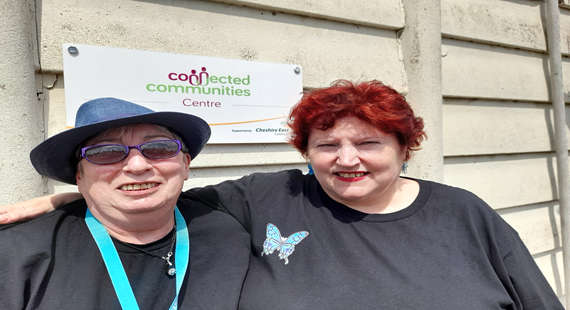 Finding hope and connection inside Crewe’s ConNEXTions recovery hub
Finding hope and connection inside Crewe’s ConNEXTions recovery hub
 Man charged following armed robbery in Crewe
Man charged following armed robbery in Crewe
 Man charged following police collision in Haslington
Man charged following police collision in Haslington
 What's On At Jodrell Bank Over The Summer
What's On At Jodrell Bank Over The Summer
 By popular request Nantwich Food Festival runs the History Food Tours for 2025
By popular request Nantwich Food Festival runs the History Food Tours for 2025
 New veteran support project launches in Cheshire East
New veteran support project launches in Cheshire East
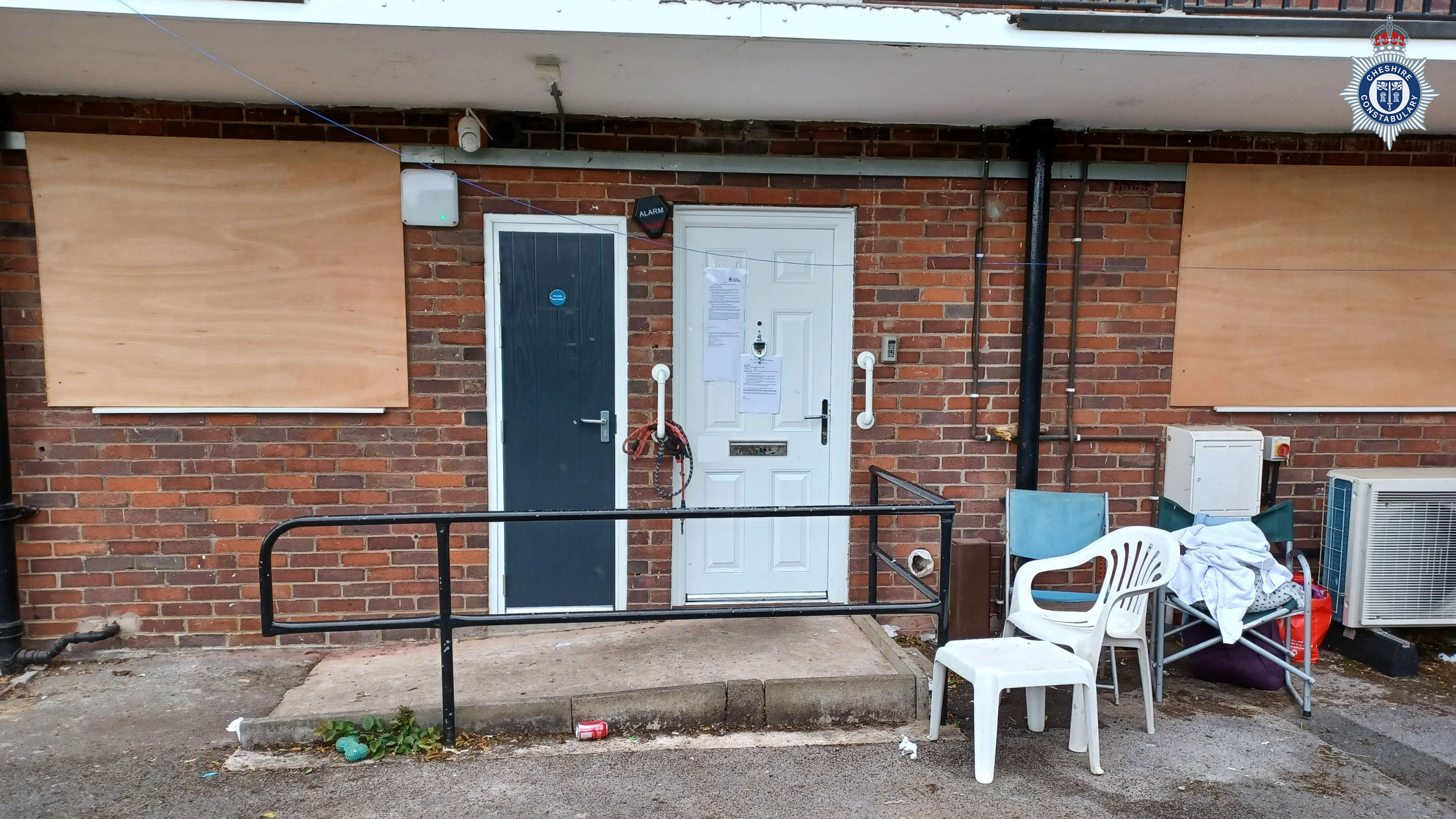 Officers granted closure order for troubled property in Macclesfield
Officers granted closure order for troubled property in Macclesfield
 Hospital staff encourage armed forces veterans to ‘say you served’
Hospital staff encourage armed forces veterans to ‘say you served’
 Man jailed for arson in Winsford
Man jailed for arson in Winsford
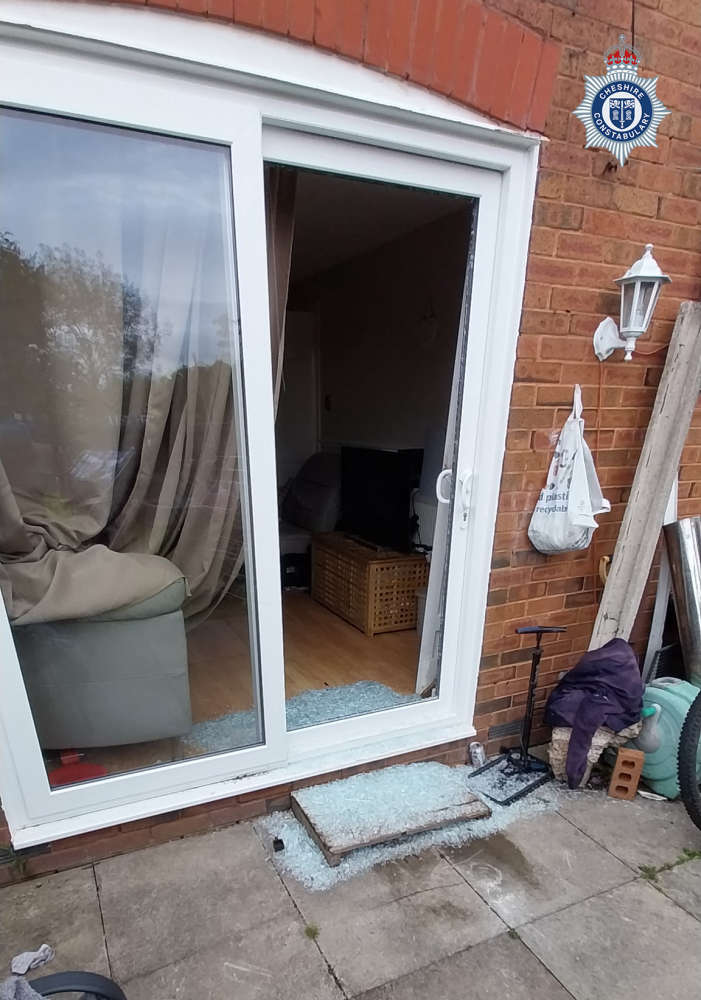 Man arrested following Winsford drugs raid
Man arrested following Winsford drugs raid
 Man jailed for drugs offences in Northwich
Man jailed for drugs offences in Northwich
 Students build Lego Lovell Telescope to celebrate cosmic legacy
Students build Lego Lovell Telescope to celebrate cosmic legacy
 Town Mayor invites community to Civic Parade and Service
Town Mayor invites community to Civic Parade and Service
 Run for a cause and claim one of East Cheshire NHS Charity’s spots at the London Marathon 2026!
Run for a cause and claim one of East Cheshire NHS Charity’s spots at the London Marathon 2026!
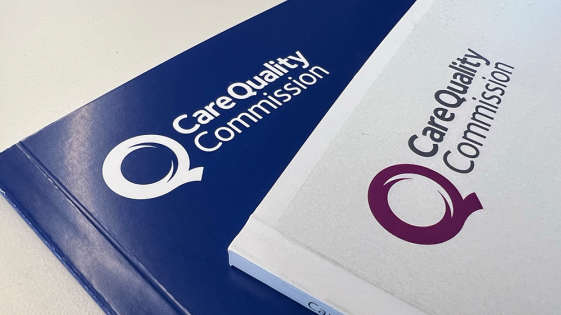 Cheshire GP practice rated outstanding by CQC
Cheshire GP practice rated outstanding by CQC
 Woman banned from retail park in Crewe under terms of CBO
Woman banned from retail park in Crewe under terms of CBO
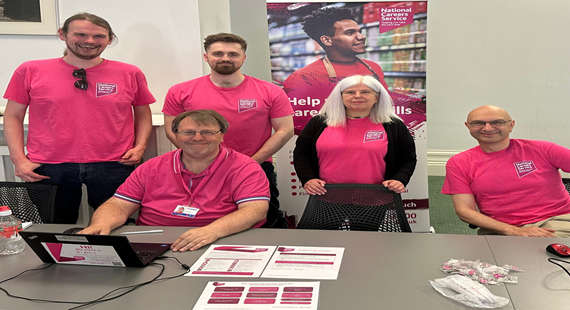 Macclesfield jobs fair opens doors to new opportunities
Macclesfield jobs fair opens doors to new opportunities


